Share
Some holidays are still widely celebrated, while others have become rarer or merged with other events such as Qingming or the Mid-Autumn Festival.

Personalized Gifts – Give the Unforgettable Transform every occasion into a unique...
€0,00 EUR
🎇 Best wishes for a sweet, peaceful year full of wonderful things. 5% discount with code: 5BA2026HW, until January 31, 2026.
Do you want to know what the traditional festivals of China are? When do these festivals take place? What kind of celebrations will there be? Here is a list of the main traditional Chinese festivals with their meanings:
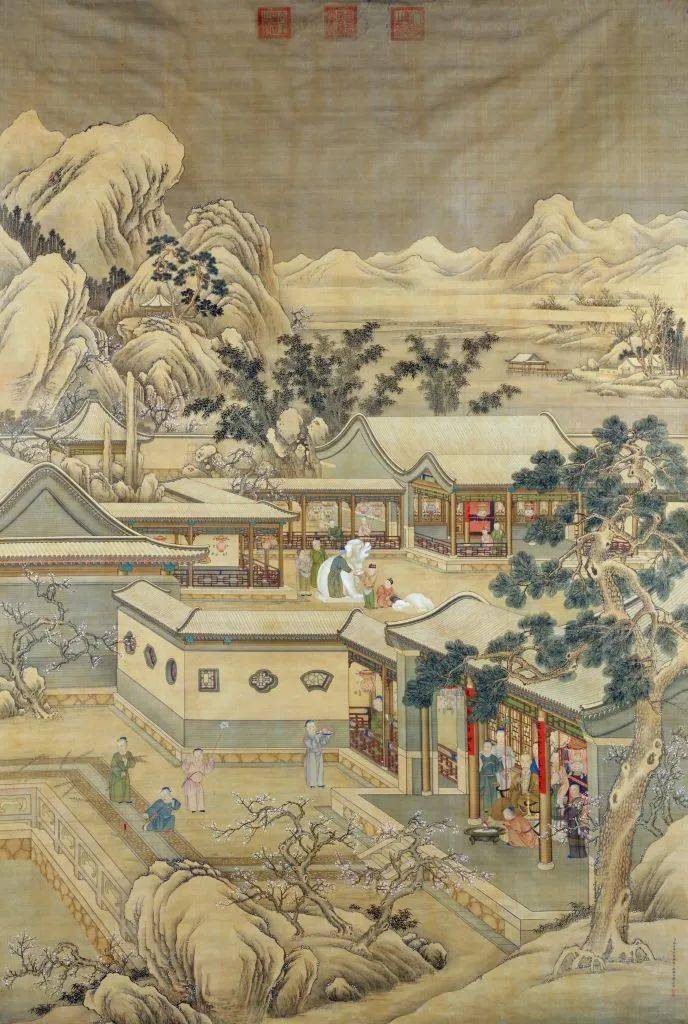
Chinese (Chūnjié)
1st day of the lunar calendar (end of January - mid-February)
The Lunar New Year is the most important holiday of the year.
• People pay homage to ancestors and gods , celebrate the past year's harvest and pray for a prosperous new year .
• We celebrate with fireworks, family gatherings and red envelopes (红包 hóngbāo).
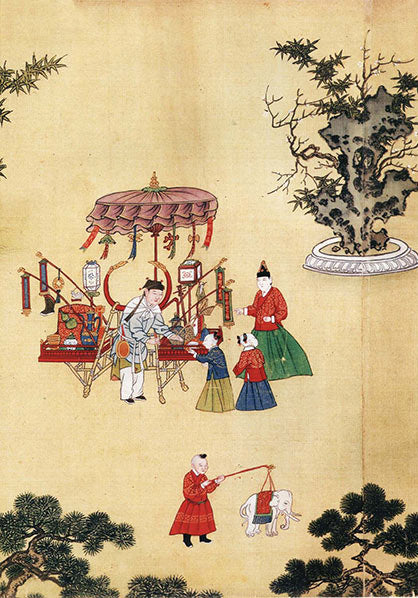
元宵节 (Yuánxiāo Jié) / 上元节 (Shàng yuán jié)
15th day of the 1st lunar month (end of Chinese New Year)
The first full moon night of the year.
• Lanterns illuminate streets and houses .
• During the Tang Dynasty, the curfew was lifted for three days , allowing people to participate in nighttime festivities .
• Sticky rice balls (汤圆 tāngyuán) are eaten and lanterns are lit to mark the end of the New Year festivities.
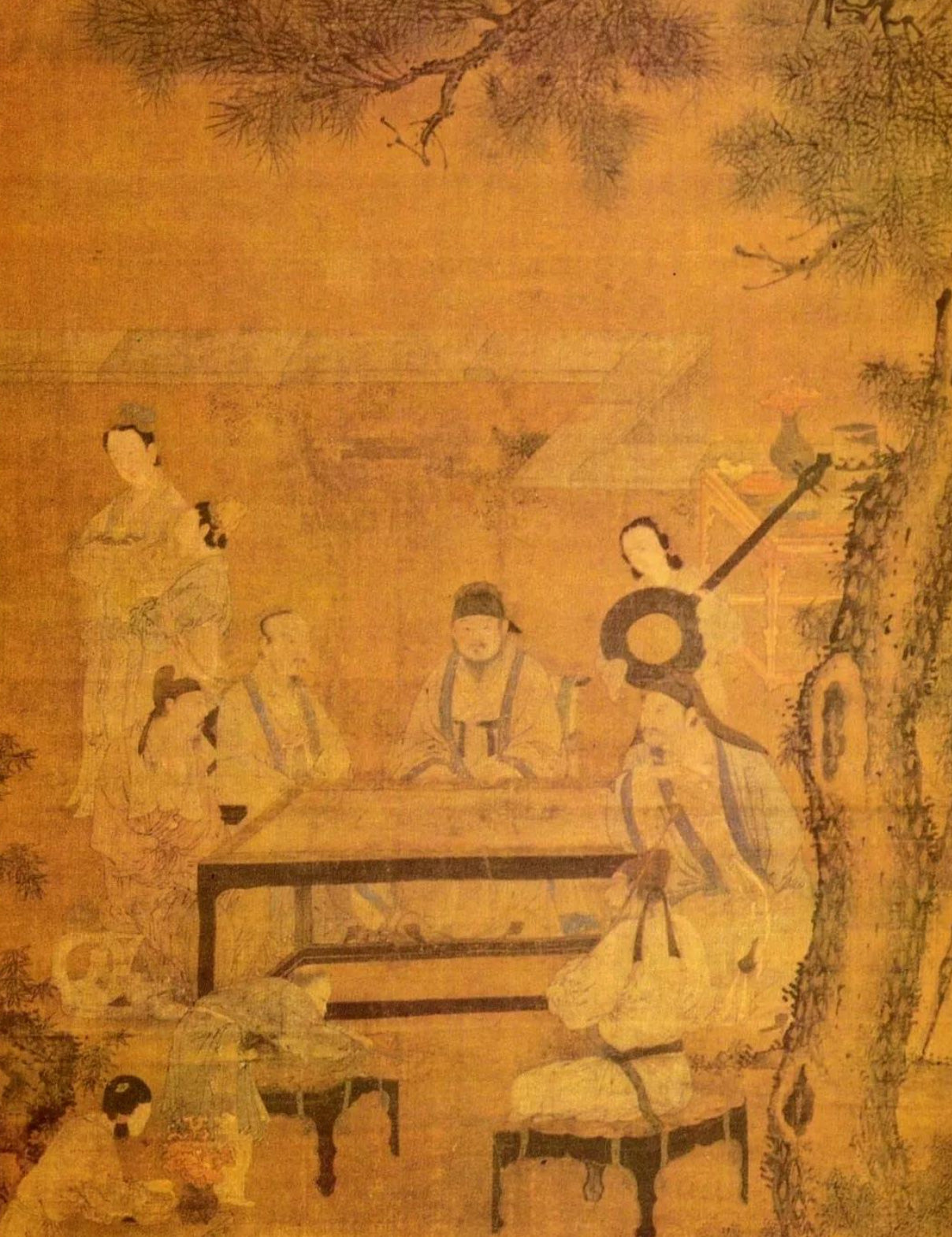
Chinese Word (Zhong He Jié)
Date: 1st day of the 2nd lunar month
During the Tang Dynasty, Chancellor Li Mi believed that February marked a warming climate and the rebirth of nature. He therefore established the Zhonghe Festival to celebrate this renewal.
• On that day, the emperor offered a ruler to the ministers to symbolize justice and moderation .
• Officials presented agricultural books as a sign of respect for agriculture.
• Among the population, blue bags were filled with different seeds to exchange them, symbolizing an abundant harvest.
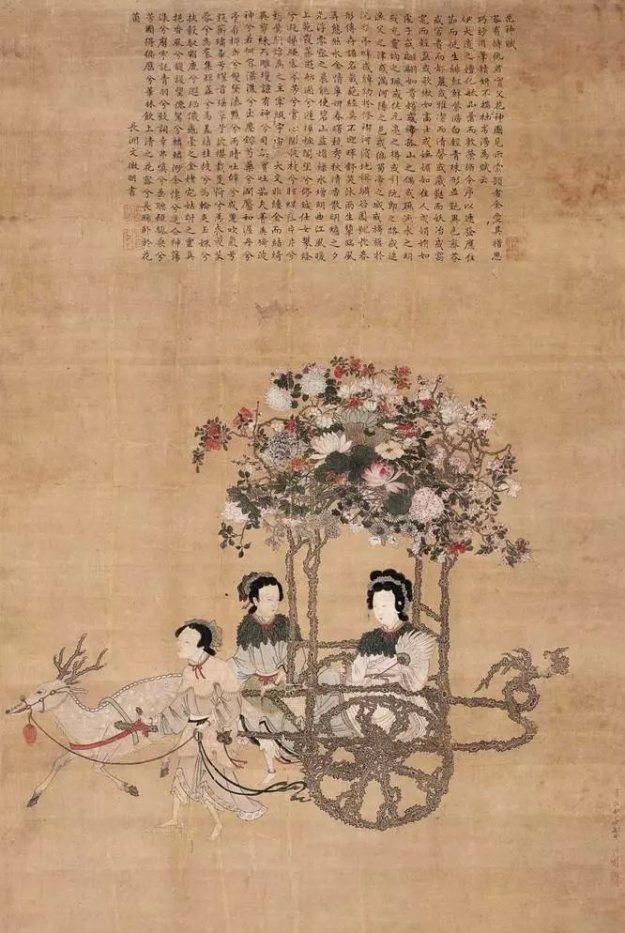
Huā zhāo jié (Huā zhāo jié)
15th day of the 2nd lunar month
At the height of spring, the Flower Festival is celebrated as the birthday of all flowers.
• People went out to admire the flowers and chase butterflies .
• They cut out colored paper and glued it onto the branches, a tradition called “Shanghong” (赏红) .
• Young girls worshipped the Flower Goddess , baked flower cakes , and released flower lanterns .
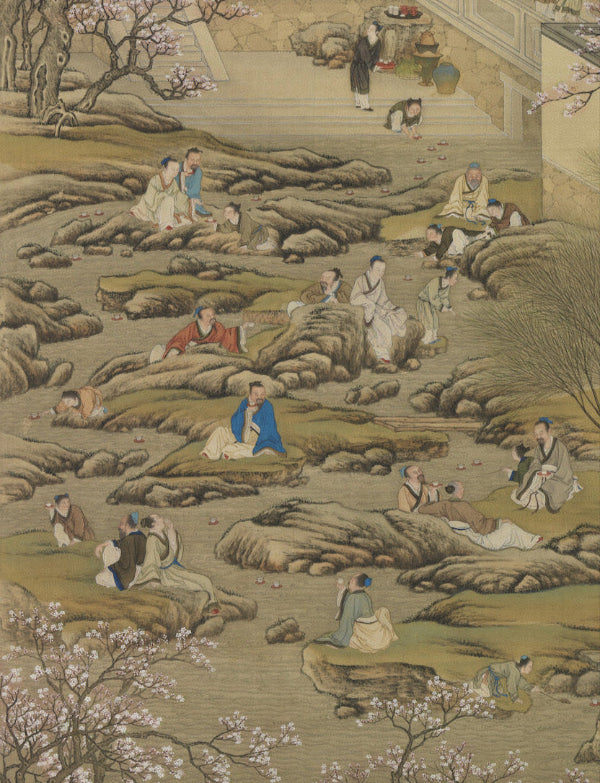
上巳节 (Shàngsì jié) / 三月三 (Sān yuè sān)
3rd day of the 3rd lunar month
The Shangsi Festival has its origins in sacrificial rites dedicated to the water god during the pre-Qin dynasties.
• People purified themselves in water to drive away bad luck, a tradition called “Fuxi” (祓禊) .
• Over time, this festival incorporated activities such as outdoor games and banquets , including the famous “Qu Shui Liu Shang” where people drank wine while composing poems.
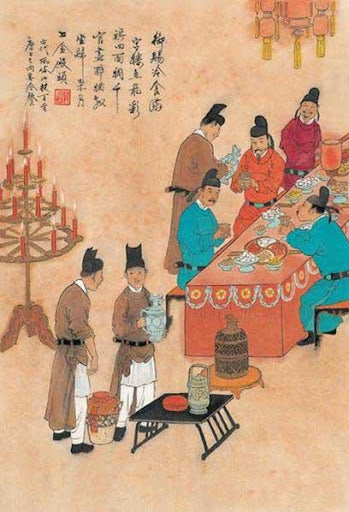
Chinese Dragon (Hánshí jié)
Just before Qingming
The Cold Meal Festival takes place one or two days before the Qingming Festival .
• Tradition forbids lighting fires , we only eat cold dishes .
• People pay homage to their ancestors and walk in nature .
• This festival commemorates Jie Zitui , a loyal servant who preferred to die in flames rather than be rewarded by the Duke of Jin.
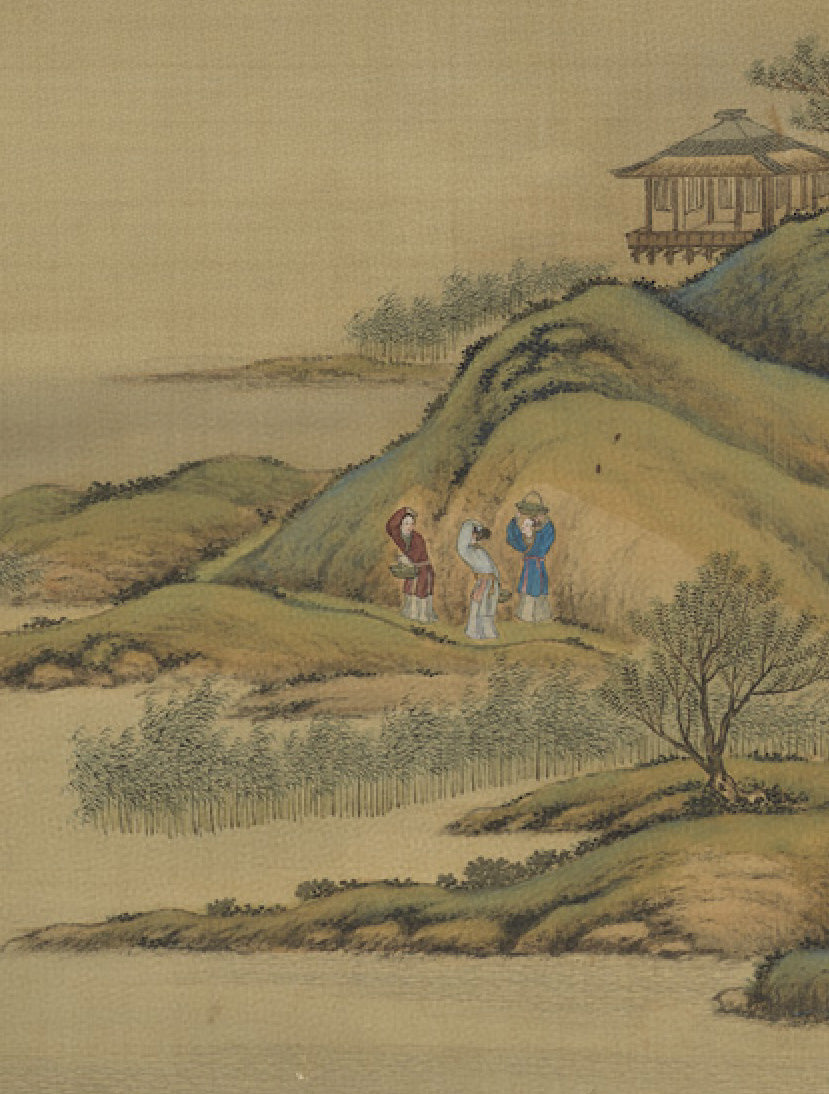
Qingming Jié
April 4 or 5
Also called Renewal Day or Ancestors' Day . A day of commemoration of ancestors, when families clean graves and pay tribute to the deceased.
• Originally, Qingming was a solar term marking the beginning of spring.
• It merged with the Hanshi Festival (寒食节) , a day without fire when people pay homage to the deceased.
• The custom of walking in nature (踏青, tàqīng) comes from the Shangsi festival (上巳节) .
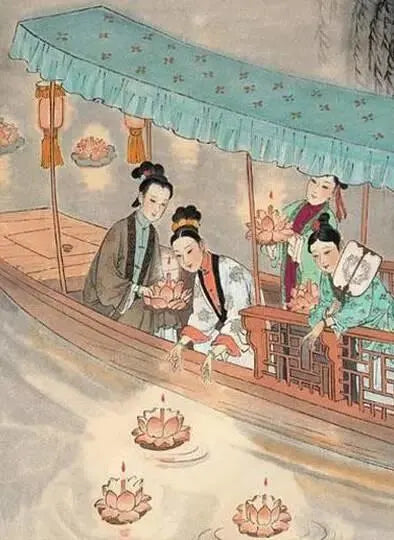
Chinese Character (Yù fú jié)
8th day of the 4th lunar month
Also called the Buddha's Birth Festival , it is an important Buddhist festival.
• According to legend, when Buddha Shakyamuni was born, nine dragons poured scented water to bathe him.
• Buddhists celebrate this festival by pouring scented water over Buddha statues .
• During the Song Dynasty, temples held ceremonies with banquets and fragrant sweet drinks .
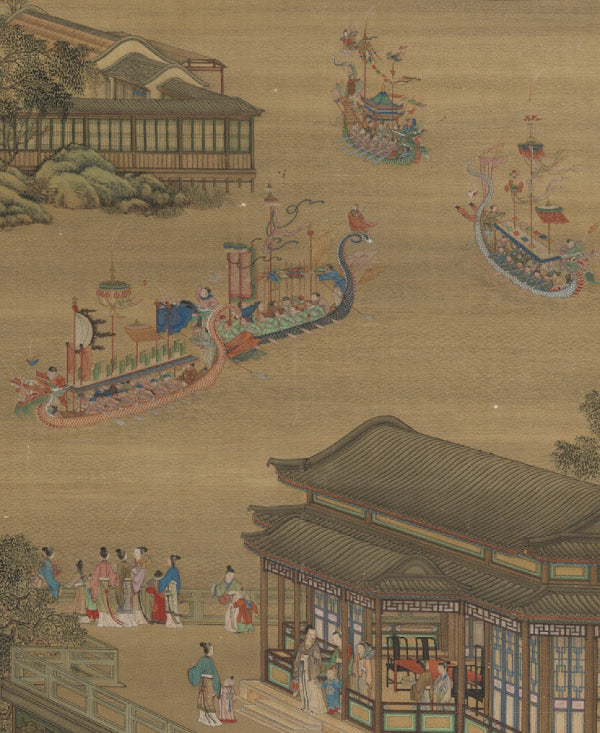
Duānwǔ Jié (Dragon)
5th day of the 5th lunar month (June)
Also called Duan Yang Festival , Double Five Festival or Mid-Year Festival . In memory of the poet Qu Yuan, dragon boat races are held and zongzi (粽子, sticky rice wrapped in bamboo leaves) are eaten.
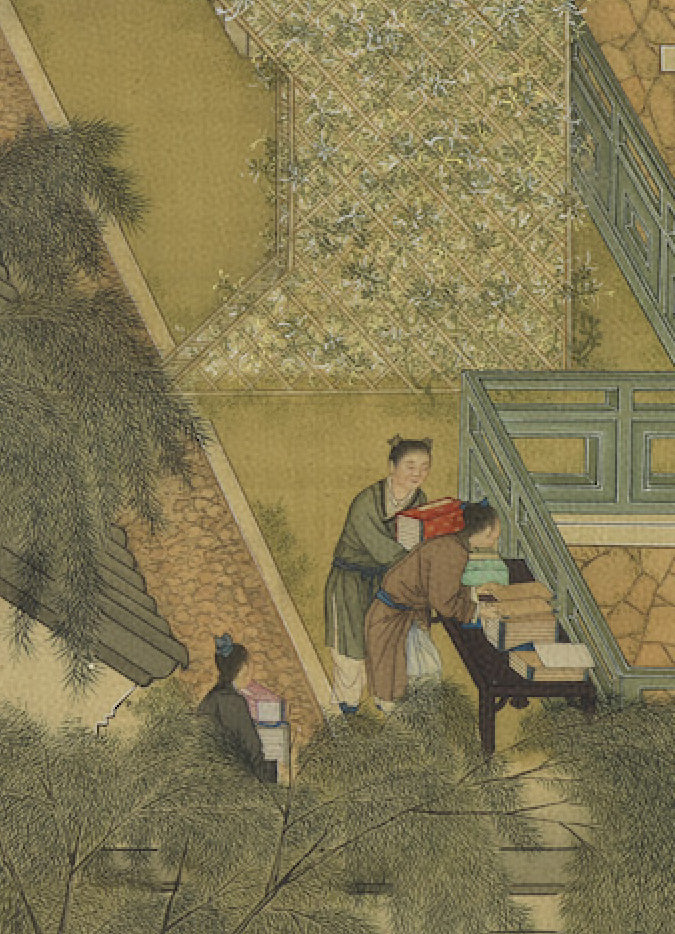
Chinese Medicine (Shài yī jié)
6th day of the 6th lunar month This festival dates back to the Han Dynasty.
• After Xiaoshu (小暑, small heat) , the climate becomes hot and dry, ideal for preserving objects from humidity and insects .
• On this day, people expose their clothes, books and valuables to the sun.
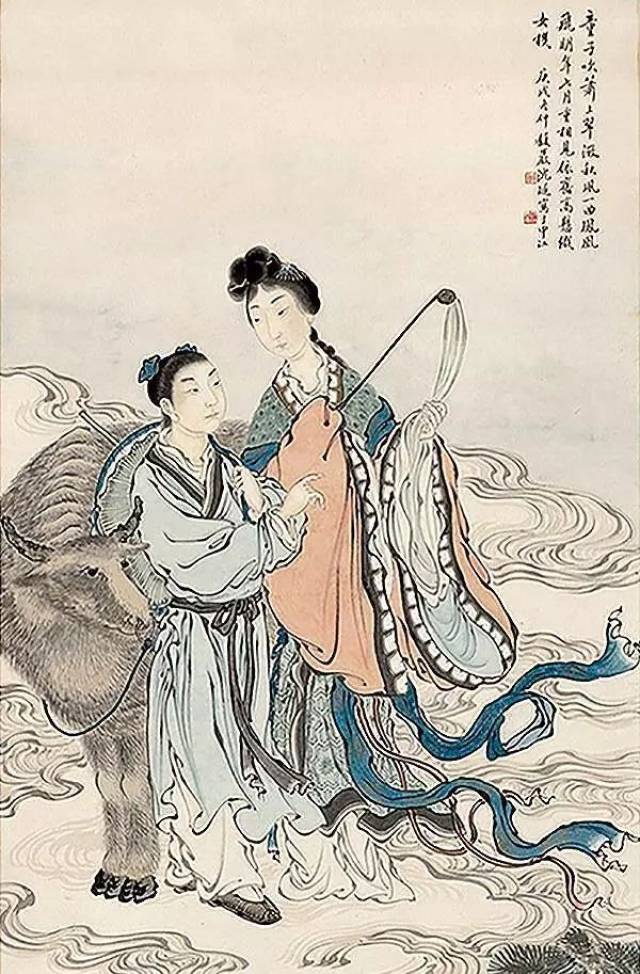
Qixi Jié
7th day of the 7th lunar month (August)
Also called Women's Festival or Lovers' Festival , in honor of Zhinu (织女, the Weaver) and Niulang (牛郎, the Cowherd) . Based on the legend of Zhinu and Niulang, two lovers separated by the Milky Way, allowed to meet once a year.
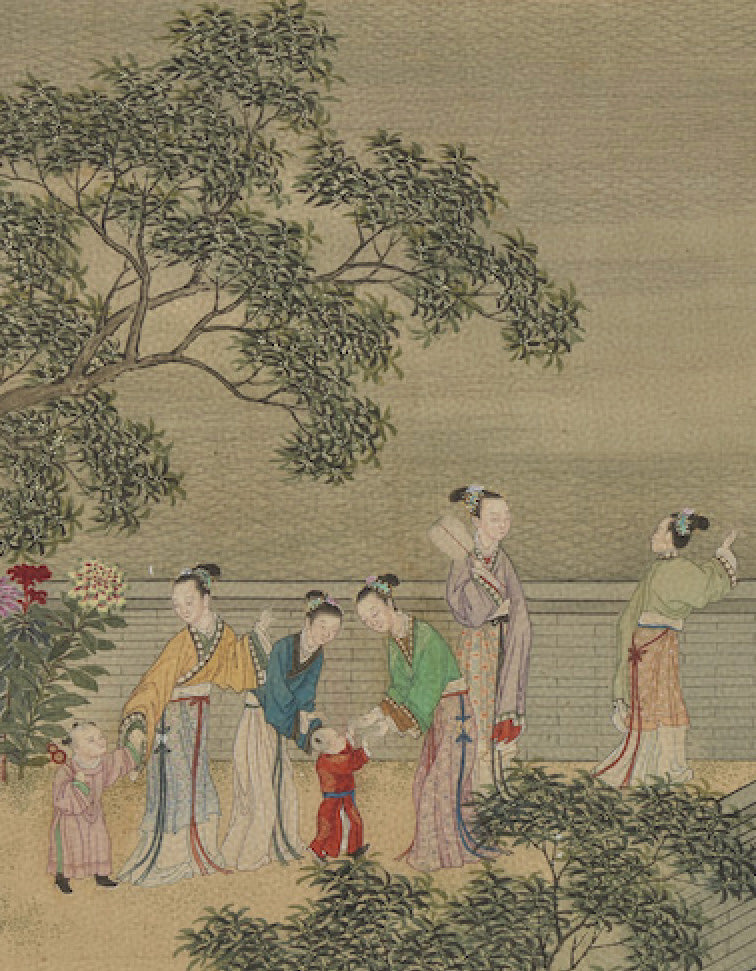
Tian Yi Jié (Tian Yi Jié)
1st day of the 8th lunar month
Created during the Song Dynasty to honor the Yellow Emperor (Huangdi) and Qi Bo , authors of the Huangdi Neijing , a classic of Chinese medicine.
• People used morning dew and red cinnabar to treat and prevent diseases.
• This custom evolved into the application of dew ink to children's foreheads and chests, called “Dian Bai Bing” (点百病) , to protect their health.
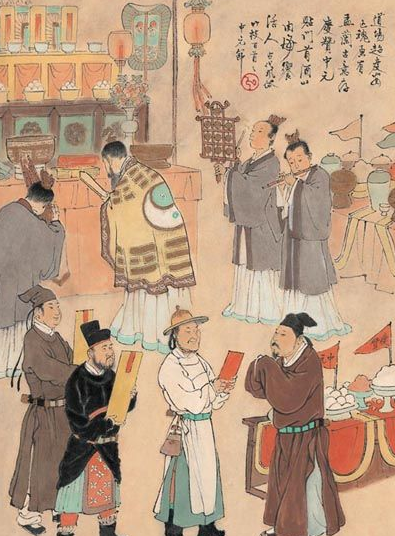
Chinese People (Zhongyuán Jié)
15th day of the 7th lunar month (August)
This festival is linked to Taoist and Buddhist beliefs and is dedicated to ancestor worship and the appeasement of wandering souls.
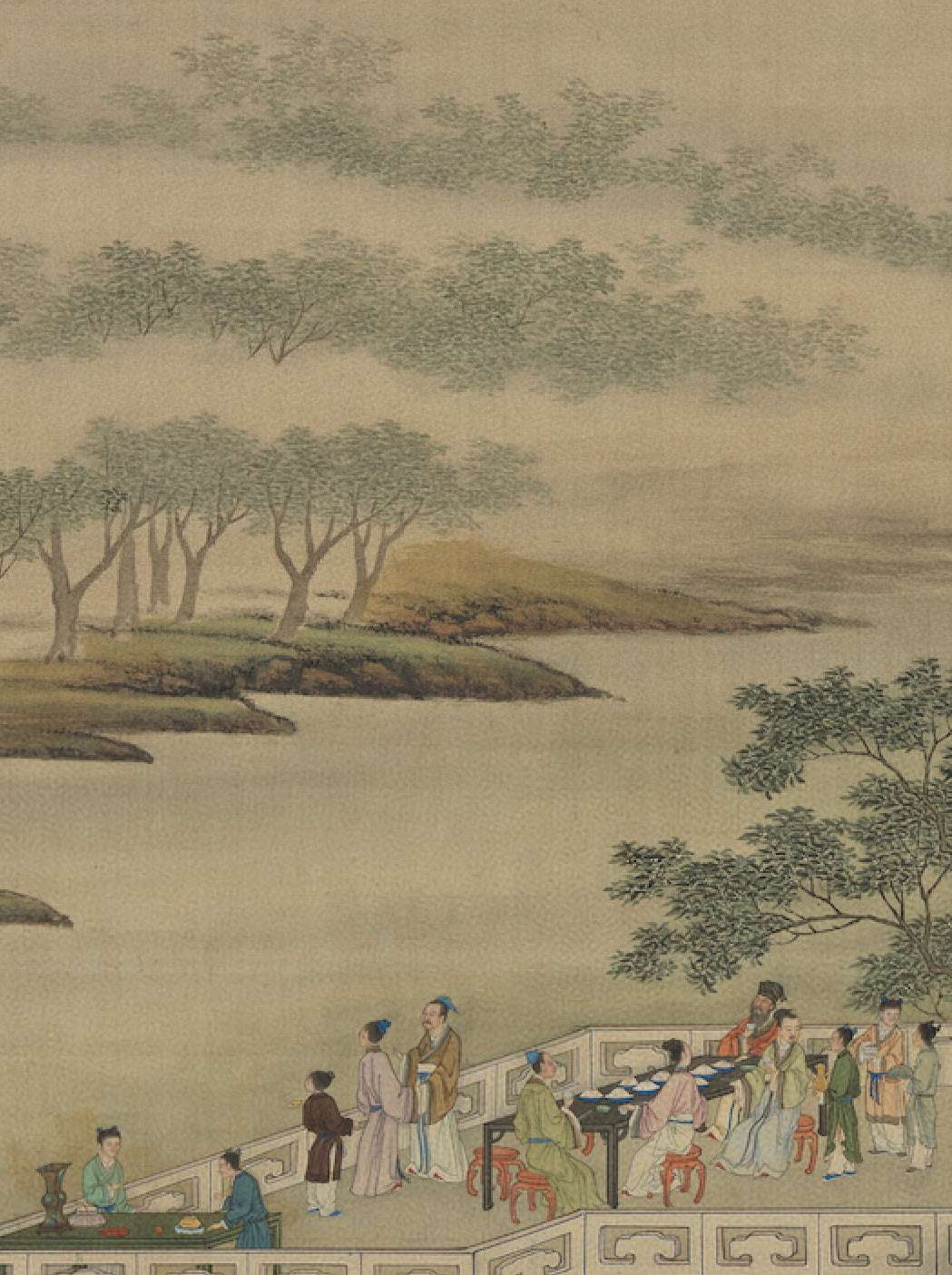
Zhongqiu Jié (Chinese: Zhongqiu Jié)
15th day of the 8th lunar month (September)
The roundest and brightest full moon of the year. Celebrates the moon and family reunion.
Derived from an ancient custom where the emperor prayed to the Sun in spring and the Moon in autumn .
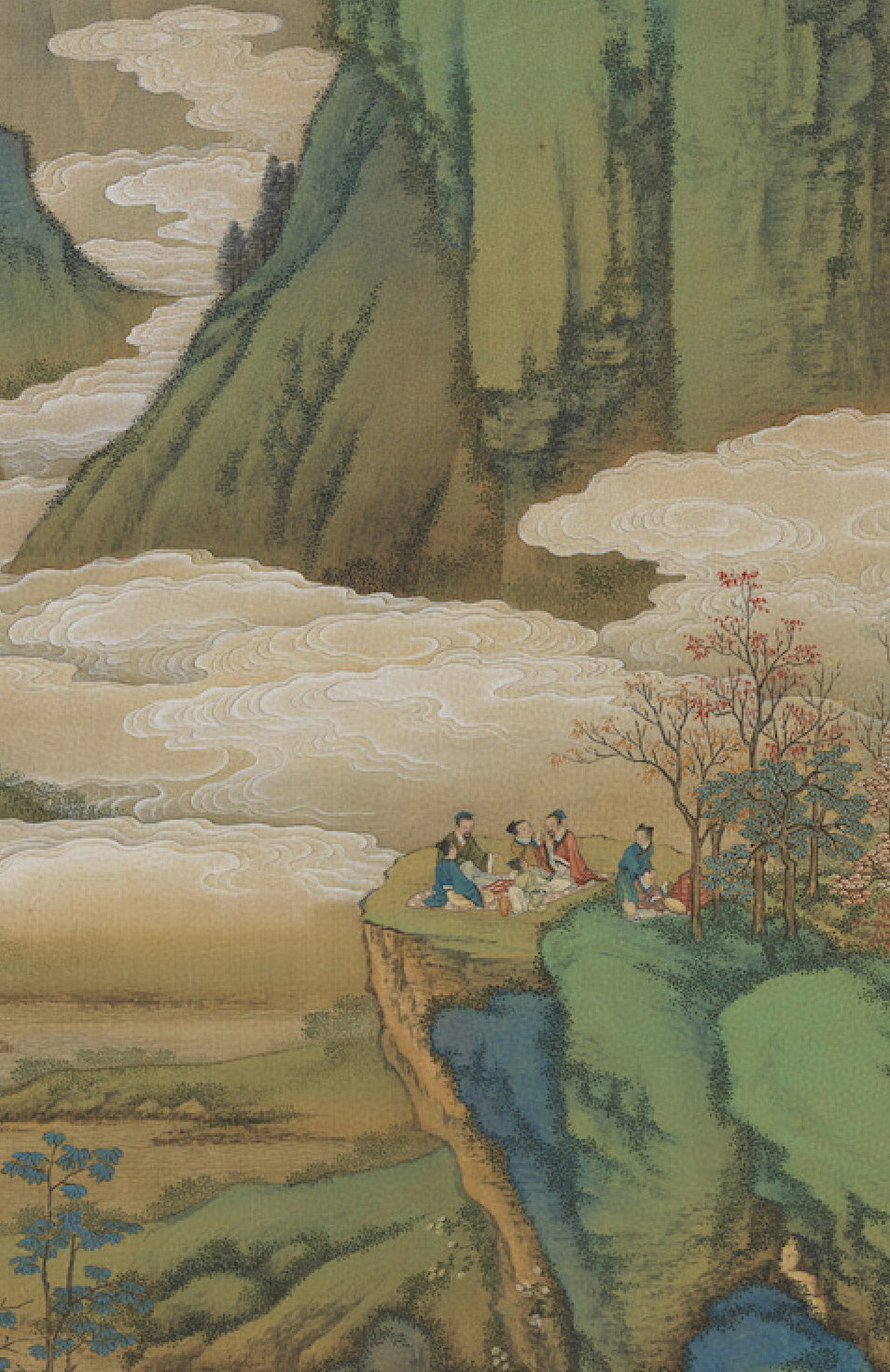
Chinese Dragon (Chóngyáng Jié)
9th day of the 9th lunar month (October)
Also called the Double Yang Festival , because 9 is a yang number (阳). A festival dedicated to the elderly and mountain hikes.
• Festival of gratitude to ancestors and celebration of the harvest.
• Mountain climbing
• Tasting of Chongyang cake (重阳糕)
• Wearing Japanese dogwood (茱萸)
• Admire and drink chrysanthemum wine
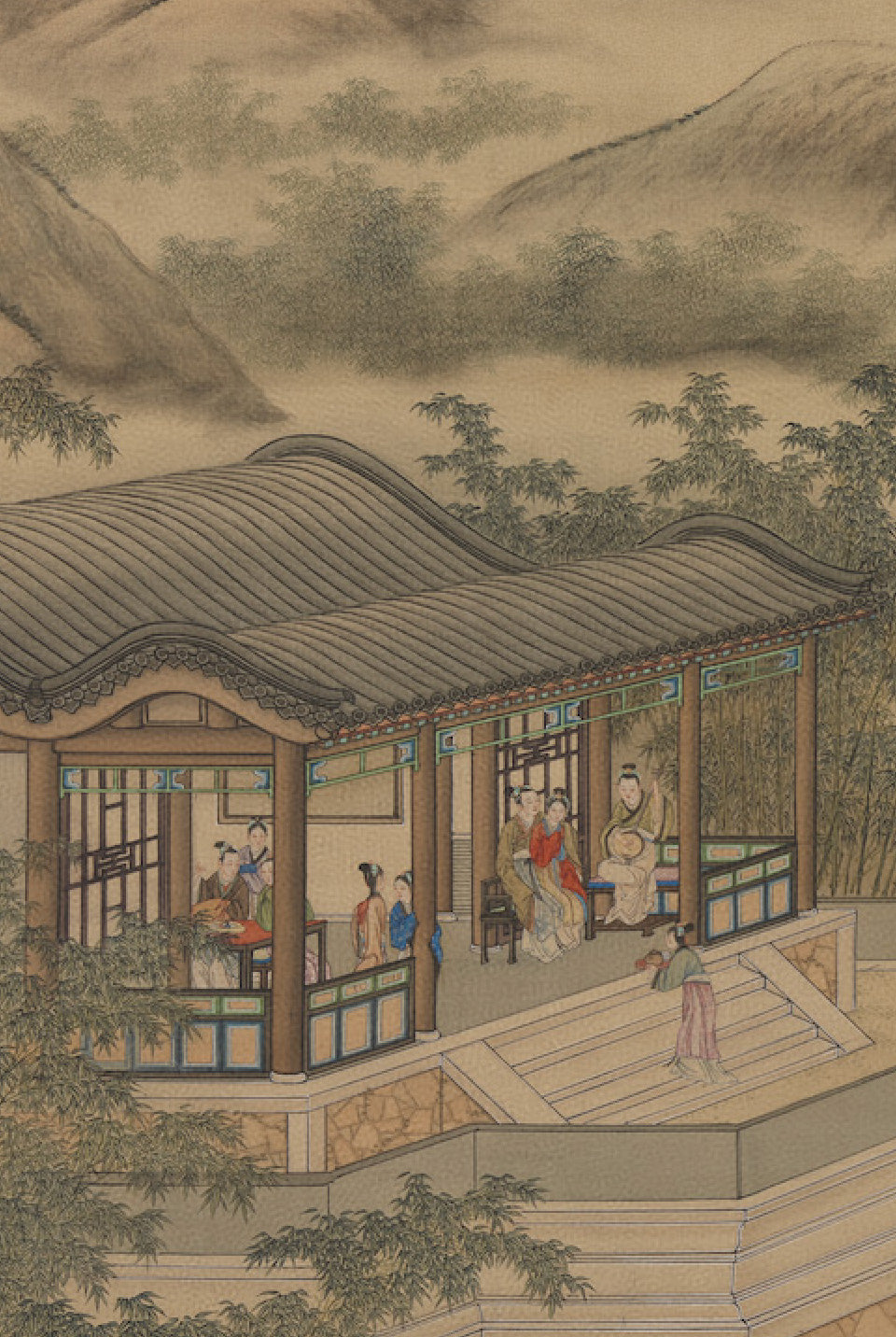
Chinese Medicine (Hányī jié)
1st day of the 10th lunar month
Mentioned in the Book of Odes (诗经) , this festival marks the arrival of the cold.
• During the Song Dynasty, it was common to offer warm clothes :
• The emperor gave coats to his ministers as a sign of kindness.
• Families burned paper representing clothes to offer them to ancestors in the afterlife.
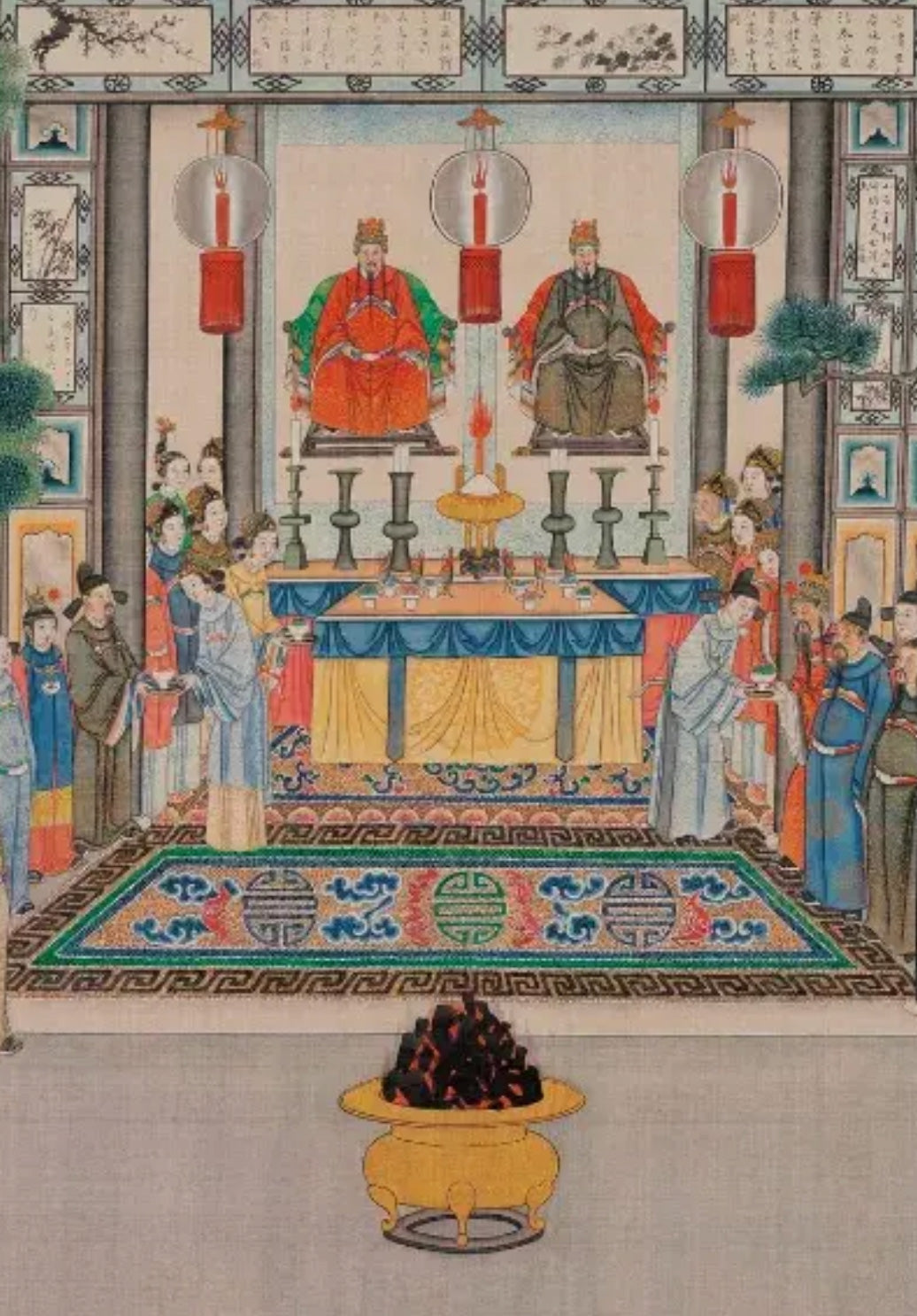
Chinese Yuanjie (Xia Yuanjie)
15th day of the 10th lunar month
In Taoism, there are three Yuan :
• Shang Yuan (上元) : Blessing from Heaven
• Zhong Yuan (中元) : Remission of sins
• Xia Yuan (下元) : Dispelling of misfortunes by the god of waters
• On this day, Taoist ceremonies are held and prayers are made to avoid water-related disasters .
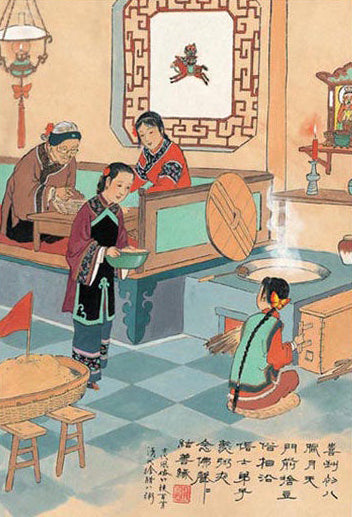
The Great White Horse (Làbā jié)
8th day of the 12th lunar month
This festival dates back to ancient end-of-year rites and is also a Buddhist celebration.
• It commemorates the enlightenment of Shakyamuni Buddha.
• During the Southern Song, temples prepared a porridge of cereals and dried fruits (腊八粥, Laba Zhou) to distribute to the faithful, a symbol of blessing and longevity.
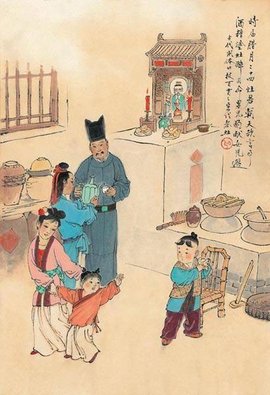
Jìzào jié (Jizào jié)
24th day of the 12th lunar month
Also called “Little New Year” , this celebration is linked to the worship of fire.
• People believed that the Hearth God (灶神) watched over households and reported their actions to the heavenly deities.
• Before his departure to heaven (on the 25th day), families offered him offerings so that he would give a positive report .
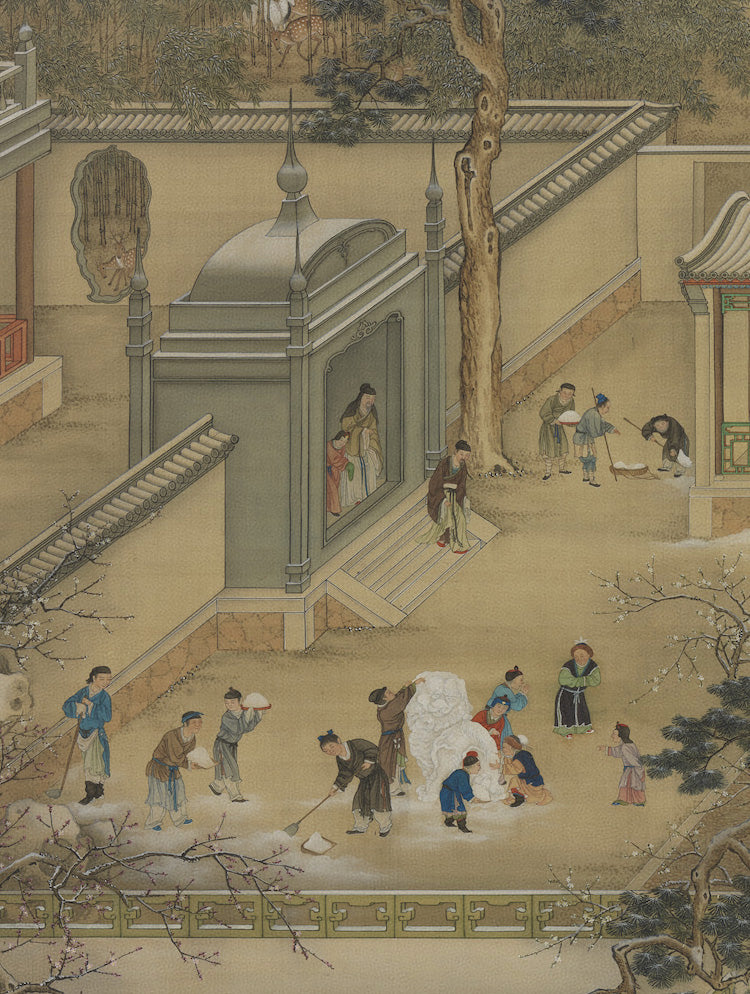
Chinese (Chúxì)
30th day of the 12th lunar month
Some holidays are still widely celebrated, while others have become rarer or merged with other events such as Qingming or the Mid-Autumn Festival.
